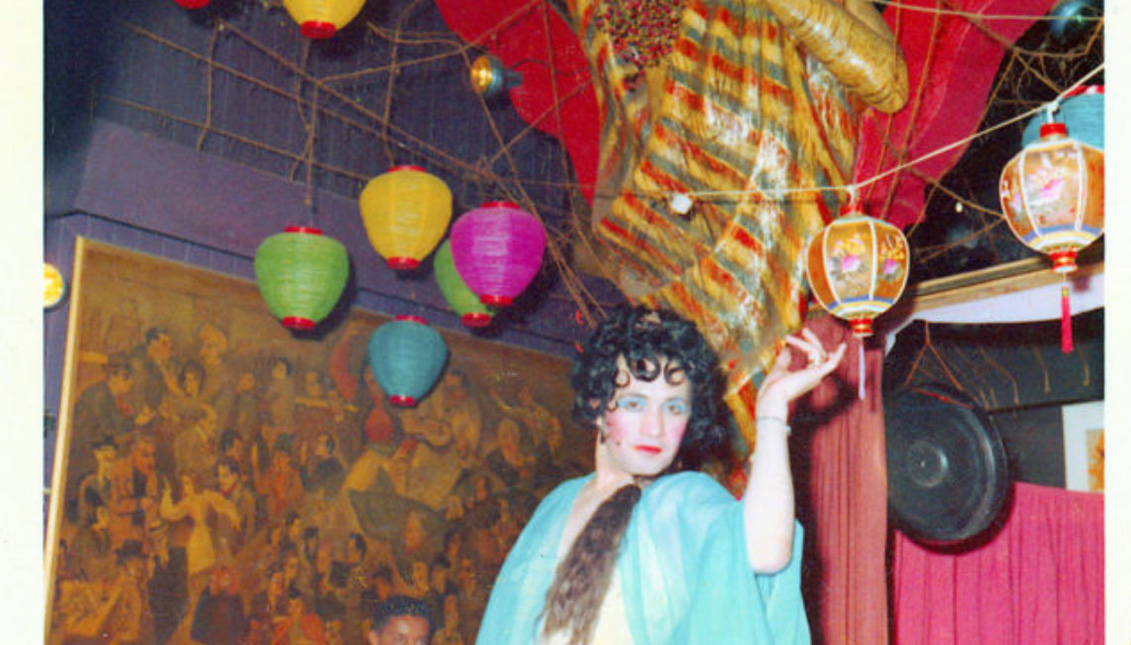
José Sarria, the Empress of San Francisco who took LGBTQ activism to previously never-before-seen heights
A social agitator and artist, Sarria is what the United States needs to continue inspiring generations fighting for social justice and equality.
In 1961, a strange flyer began appearing in gay clubs throughout San Francisco urging the LGBTQ community to "register and vote." To the community's surprise, who were suffering from severe police and social persecution, the initiative was intended to turn them into a visible voting bloc for politicians, both Democratic and Republican, to notice. The effort was something that had not happened before, and in partnership with the League for Civil Education, sought to unify the community to punish any homophobic campaign at the polls.
The co-founder of the League and leader of the voting push was José Sarria, the Empress of San Francisco, who, at the time, was stirring up the underground scene with his operas, make-up and proclamations of justice.
The son of a Colombian mother who had fled the country during its civil war, Sarria had grown up in a relatively free environment, being able to wear girl's clothes in public and take singing and ballet classes. He never had any qualms about hiding his homosexuality, even when he enlisted in the army in World War II as a translator for the Military Intelligence department — he was fluent in four languages, including English and Spanish.
The military soon discovered his sexual orientation and transferred him to its Culinary Arts School. When he returned home at the end of the war, his intention was to resume his studies and become a teacher, but his dream was soon shattered.
Sarria was working at that time as a waiter and artist in the iconic, bohemian Black Cat bar and made a name for himself performing operas and dressing to the delight of the parishioners. One day, in the early 1950s, the police arrested him on a charge of a crime against morality, and he decided to be "a queen."
Unable to dedicate himself to teaching and being a victim, like the entire LGBTQ community during the McCarthy era, Sarria's activism and fury was in crescendo until 1961, when he decided that his community needed a leader and volunteered.
Previously, the Black Cat's license had been revoked in 1956, and the drag queen and Latino activist was already more than fed up with the police repression that continued into the early 1960s with the closing of gay bars and the arrest of between 40 and 60 gay people a week, accused of some crime related to sexuality.
RELATED CONTENT
Sarriá, who was convinced that there were at least 10,000 gay voters in the city, decided that the police were not going to continue ruining the lives of people whose only sin was to be different from them and ran for public office on the San Francisco Board of Supervisors.
His courage would be a milestone in the American LGBTQ movement. Despite the many obstacles — the refusal of Democrats and Republicans to support a gay man or the fear that many of them would for him — he managed to get 5,600 ballots and placed ninth out of 33 candidates.
Although José did not get the job — there were only five positions up for grabs — the politicians changed their perspective on gay voters to see them as a block to be considered and addressed. He put their demands for dignity and justice on the map and became an icon. He died in 2013.
In addition to achieving what he originally set out to do, he opened the door for other legendary representatives of the LGBTQ community like Harvey Milk. Even though the name of José Sarria, AKA the Empress of San Francisco, is barely remembered today more than a section of San Francisco's 16th Street. But they remember him as a legend.
To enhance the legacy of these struggling Latin Americans in such difficult times is a common duty. The Empress planted a seed that today's generations enjoy and must continue to grow.











LEAVE A COMMENT:
Join the discussion! Leave a comment.